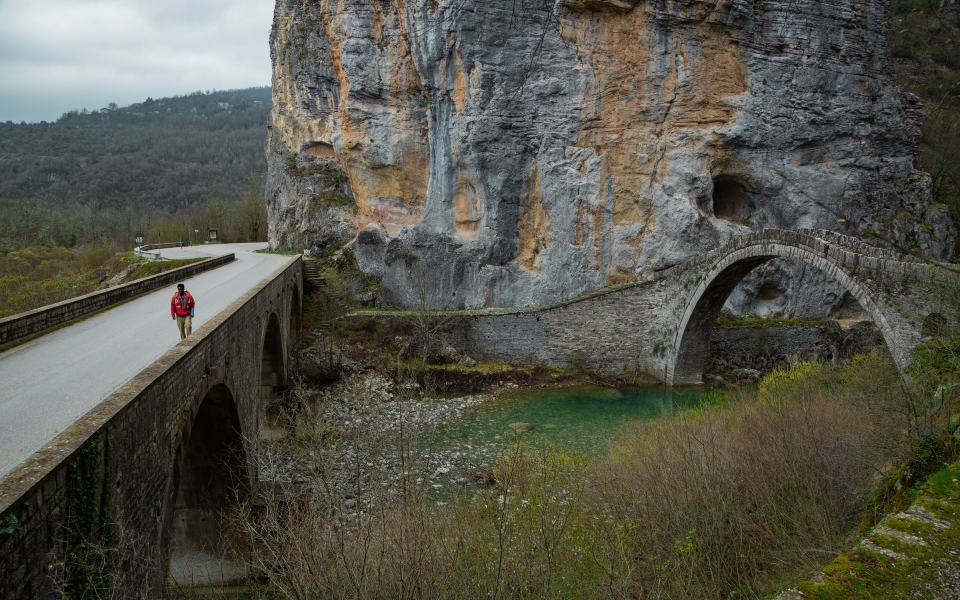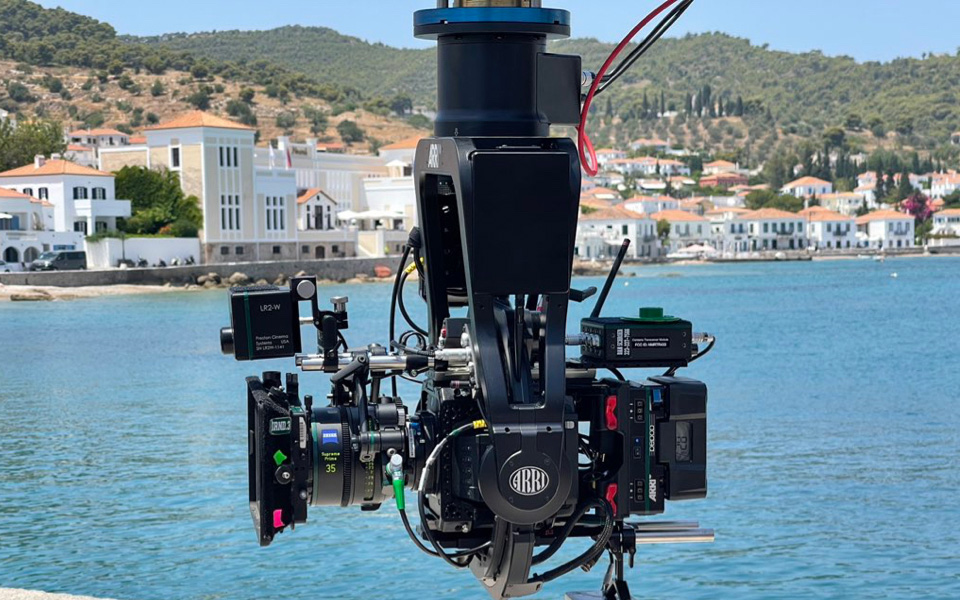By Dimitris Delevengos
A rider on a roaring motorcycle eludes his pursuers on the deck of a Greek-made warship? Thankfully it’s fiction, a scene from the action adventure “The Expendables 4,” starring Jason Statham, Megan Fox, Sylvester Stallone and Dolph Lundgren and due to start shooting in Greece on October 30, according to producer Robert Van Norden. And the ship? It’s the work of a team of Thessaloniki prop builders and part of the outdoor set constructed by Millennium Media on a privately owned 8.3-hectare plot in the northern port city’s Thermi suburb.
According to sources, the American production company will also be building what will be Greece’s first Hollywood-standards studio in 2022. It’s an investment worth 20 million euros and signals Greece’s recent awakening to the benefits of the lucrative film industry. Thanks to the introduction of cash rebates, Greece has become an increasingly attractive location for international productions, but the same cannot be said about its infrastructure – in short, studios – whose absence puts the country at a significant disadvantage. It means that producers either have to rely on the country’s existing studios – of which there are fewer than 10, all built for television – or have to arrange filming in natural settings, a task fraught with difficulties and challenges, key among which is the weather.

© Netflix Media Center
Together with post-production companies and all the other factors involved in the business of making films, such installations complete the canvas of players in an industry with one of the highest economic multiplier effects. In a study, the Foundation for Economic and Industrial Research (IOBE) estimated that if Greece could host 20 low-budget films a year, each in the 450,000-euro range, it would see gross domestic product gains of €14.2 million.
It has also been estimated that €25 million spent in Greece on a production would boost GDP by €39 million and generate 755 jobs for the duration of filming.
The economic benefits only rise further when you account for the effect on tourism from the incredible publicity locations get from featuring in films.
New legislation heading to Parliament that is aimed at improving the investment environment takes these factors into account by defining investments in film studios as strategic and ensuring that they enjoy tax, zoning and other boosts. It is a tool that has already attracted interest in the creation of film studios.

© Twitter/@rianjohnson
“The biggest foreign productions in Greece were in the €3.5 million range. Before that, ‘Captain Corelli’s Mandolin’ was the most expensive movie made in Greece in the 1990s with a budget of €6.5 million, and ‘Mamma Mia!’ – on which €1.5 million was spent,” the president and chief executive of the National Center of Audiovisual Media and Communication (EKOME), Panos Kouanis, told newspaper Kathimerini.
“After the improvements made – in the middle of the pandemic – to the legal framework with cash rebates, the number of productions in Greece simply exploded. More than 10 movies, with costs ranging from €8-20 million, have been shot in Greece in 2021, and that’s without accounting for smaller productions, worth from €500,000-4.5 million,” he adds.
Kouanis argues that demand for audiovisual content and for the infrastructure and services that go into production has skyrocketed worldwide. He mentions Hungary, whose studios have been booked by Disney for the next five years.
“This framework includes significant mobility from many Greek and foreign businesspeople who are interested in investing in film studios, post-production facilities and training centers in Greece. It remains to be seen, of course, whether this strong interest will also manifest in practice,” Kouanis says.
Greek firm Faliro House Productions has also stressed the need for film studios and, according to sources, is interested in carrying out such investments, taking advantage of the tools that are available, such as the inclusion of studios in the strategic investment category.
This article was previously published at ekathimerini.com.












